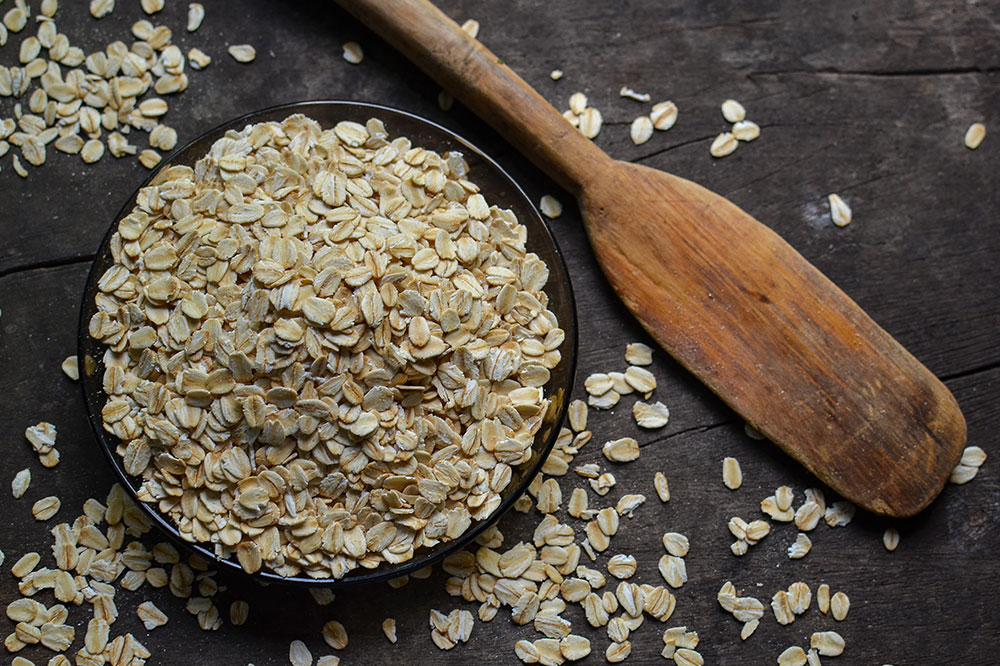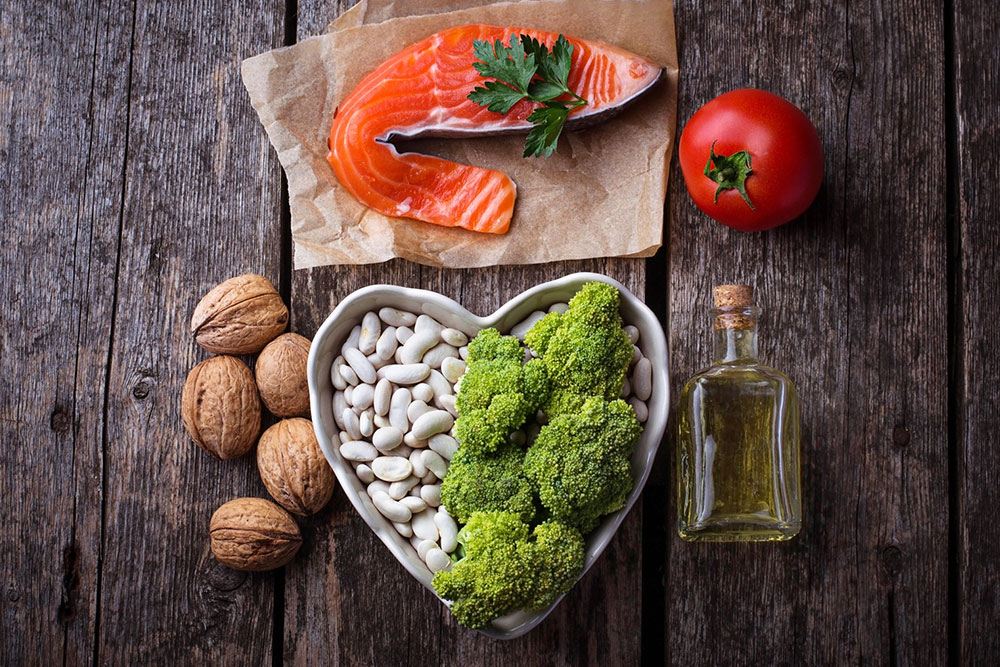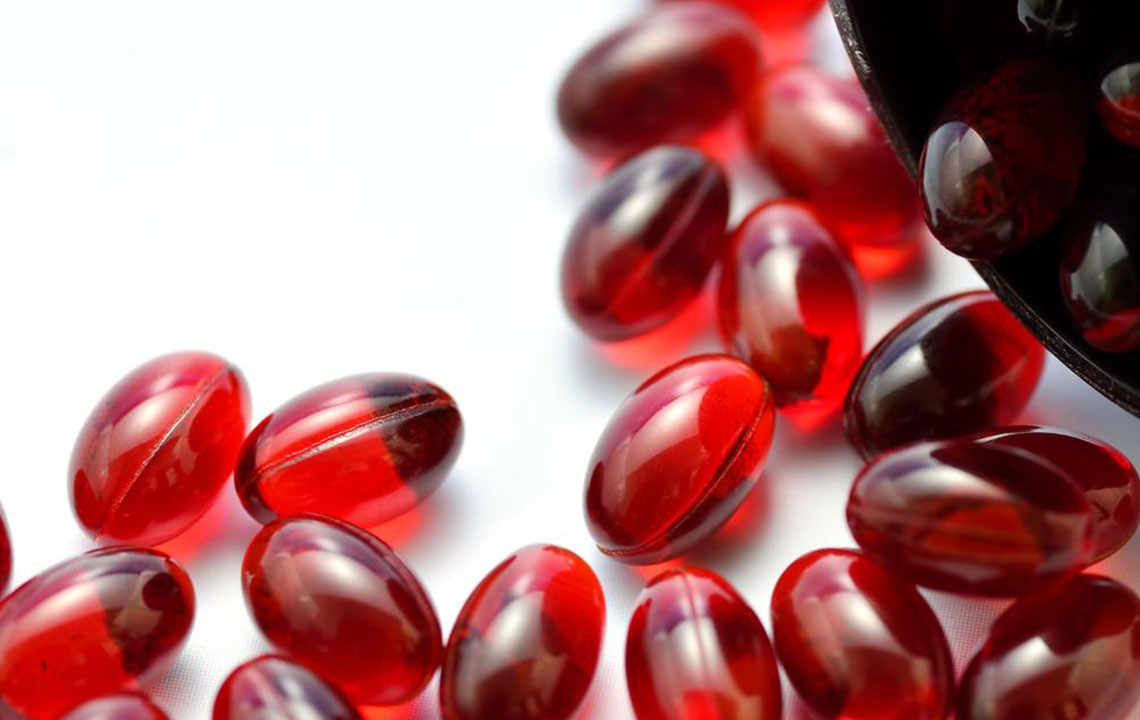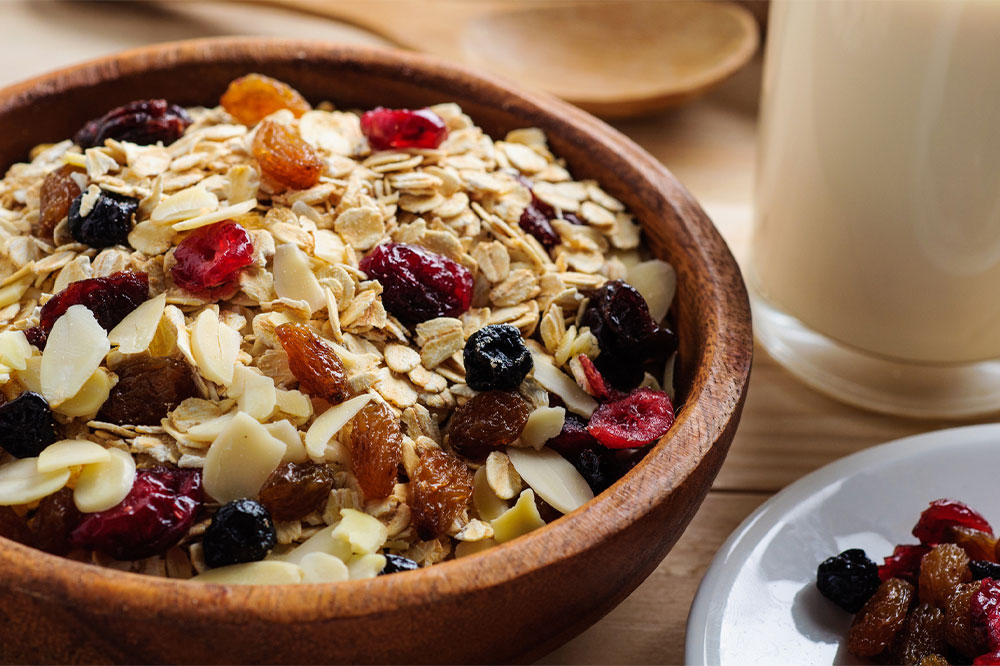Effective Dietary Strategies for Managing Crohn’s Disease
This article explores dietary strategies and the role of probiotics in managing Crohn’s disease. It covers Foods beneficial for gut health, foods to avoid, and how probiotics can support symptom relief. Emphasizing personalized nutrition, the content offers practical tips for maintaining intestinal health and managing flare-ups effectively.

Effective Dietary Strategies for Managing Crohn’s Disease
Using beneficial bacteria, known as probiotics, can help combat harmful bacteria in the gut. Some health issues caused by bad bacteria respond well to probiotics, which can ease symptoms and improve gut health. Crohn’s disease is a long-term inflammatory condition that disrupts intestinal function. When affected, the immune system attacks beneficial gut bacteria, leading to their decline. Probiotics, containing live beneficial cultures, play a crucial role in restoring gut balance, aiding digestion, and boosting overall health.
Probiotics are vital for maintaining a healthy gut microbiome, which is essential for digestion and immunity. Disruptions from Crohn’s or antibiotic use can cause inflammation and digestive problems. Supplementing with probiotics helps replenish beneficial bacteria, potentially reducing inflammation and supporting remission.
Importance of Good Gut Bacteria
Healthy digestion and immunity rely on a balanced gut microbiome. Crohn’s disease often causes bacterial imbalance, leading to intestinal inflammation. Consuming probiotics helps restore this balance, supporting digestion and immune function.
Using Probiotics to Manage Crohn's Symptoms
It’s common for Crohn’s to have flare-ups and remission phases. While there’s no cure, a healthy lifestyle, including probiotics, can manage symptoms effectively. Probiotics are natural sources with live cultures that aid digestion and reduce inflammation, providing a supportive approach for symptom management.
Do Probiotics Play a Role in Treatment?
Probiotics help re-establish gut microbiome balance and may promote healing of inflamed intestines. Though their definitive role in Crohn’s treatment needs more research, regulated intake of probiotic-rich foods can enhance digestion and boost immunity.
Recommended Foods for Crohn’s Disease
Since Crohn’s affects individuals differently, dietary choices should be personalized. Focus on easily digestible foods to minimize discomfort. Suggested options include:
Almond Milk — Ideal lactose-free alternative rich in calcium.
Eggs — Affordable, nutrient-dense, and easy to digest.
Oatmeal — Contains soluble fiber aiding water absorption and bowel movement.
Vegetable Soups — Nutritious pureed vegetables are gentle on inflamed intestines.
Lean Proteins — Steamed, grilled, or boiled seafood provides essential protein without added fat.
Bananas and Papaya — Soft, nutrient-rich fruits with enzymes that aid digestion.
Mashed Potatoes — Comfort food for post-flare recovery.
Avocado — Nutrient-packed and easier to digest than other high-fiber foods.
Foods to Limit or Avoid
Alcoholic beverages like beer and wine
Fats such as butter, margarine, and oils
Caffeinated drinks and chocolate
Fried or greasy foods
Foods causing gas or bloating
Spicy meals
Red meats
While probiotics promote general wellness, their specific benefit for Crohn’s symptoms is still under study. Consulting with a healthcare provider is essential before adding probiotic foods, especially for those with compromised immune systems or food sensitivities.









